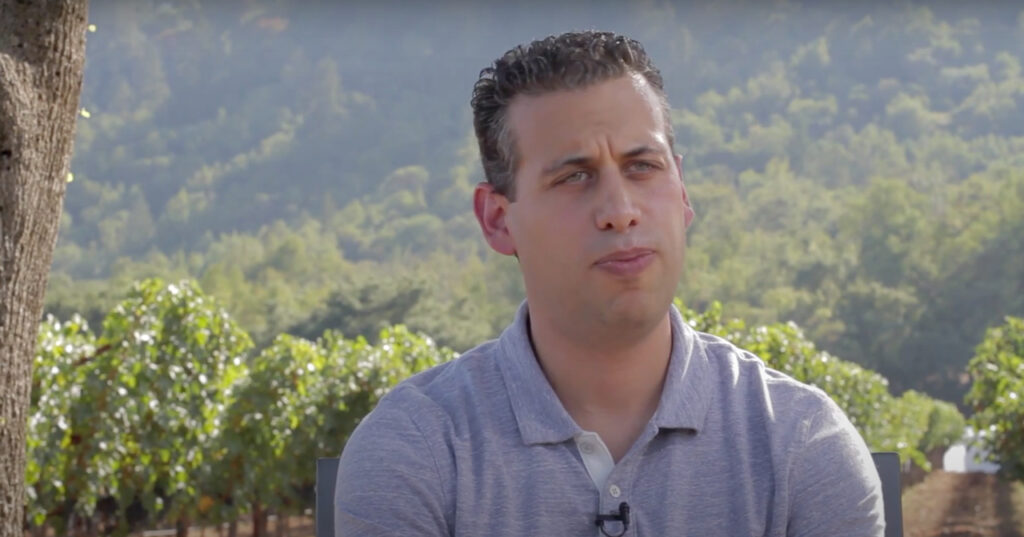Dr. Scott Russo: Investigating the Influence of the Immune System on Depression

In recent months, much interest has kindled about how the immune system might contribute to depression. The research of Scott Russo, Ph.D., a 2012 Rising Star Awardee and Assistant Professor of Neuroscience at the Icahn School of Medicine at Mount Sinai, has struck the field like lightning, having revealed evidence that depression and immune responses are more interconnected than we could have imagined.
Dr. Russo’s Rising Star proposal stated, startlingly, that a significant percentage of people with a Major Depressive Disorder diagnosis showed elevated levels of the protein IL-6. IL-6 promotes tissue inflammation and is a defensive product of immune cells that circulate in the bloodstream. Could hyperactivity of these immune cells cause depression for some?
To test this hypothesis, Russo’s lab started by exposing a cohort of mice to repeated social defeat stress (RSDS), in which a small mouse is repetitively defeated by a larger, aggressive mouse. The team separated the cohort into two groups: the “susceptible” group displayed depression-like behavior after RSDS, while the “resilient” group responded like the unstressed control mice. Corroborating Russo’s earlier finding in depressed humans, the susceptible mice showed increased IL-6 in the blood from the time of their first defeat for up to one month following their last defeat. Russo’s team traced the source of their susceptibility back to their immune system, by testing immune cells from the blood of susceptible mice. Not only did these cells overproduce IL-6 when stimulated by the immune-response-inducing drug lipopolysaccharide, but these mice also showed an overabundance of these cells in their bloodstream compared to resilient mice. Ultimately, both of these conditions correlated with increased social isolation behavior among susceptible mice, as in depressed humans. Evidently, there was a connection between the mice’s depression-like behavior and their heightened immune response.
So, was it the elevated IL-6 in the blood that caused these mice to act depressed? Russo’s team successfully elicited consistently resilient behavior from mice otherwise termed “susceptible” by neutralizing the IL-6 with an antibody. Indeed the mice acted resilient when exposed to RSDS. The team also engineered mice with a genetic inability to produce IL-6 and these mice acted resilient in the face of RSDS. In addition, when Russo’s team transplanted immune progenitor cells in bone marrow from such resilient mice into susceptible mice, the receiving mice developed resilient behavior. It certainly looks like this reduced immune response improved the test mice’s resilience.
The Russo team is now working to characterize differences between the immune cells of mice before and after social defeat. By thoroughly profiling different kinds of white blood cells in mice experiencing chronic social stress, Dr. Russo’s lab has made significant progress in novel areas of depression research. Russo discovered that following RSDS, mice had elevated levels of LyC6 high monocytes (a type of white blood cell). Dr. Russo tells us that this type of white blood cell is “an immature and more inflammatory type of monocyte (that) seems to be selectively elevated in susceptible mice”. Another interesting finding from Dr. Russo’s lab is that T and B lymphocytes, which can be reduced by chronic stress, are significantly reduced in depression-susceptible mice.
“Based on our progress thus far, we are encouraged to move forward and identify the molecular mechanisms by RSDS in monocytes controls pro-depression and anxiety-like responses” (Russo).
We at One Mind are extremely grateful to our donors for enabling us to support this amazing scientist.
Would you be interested to support research like Dr. Russo’s? We invite you to make a contribution today.
